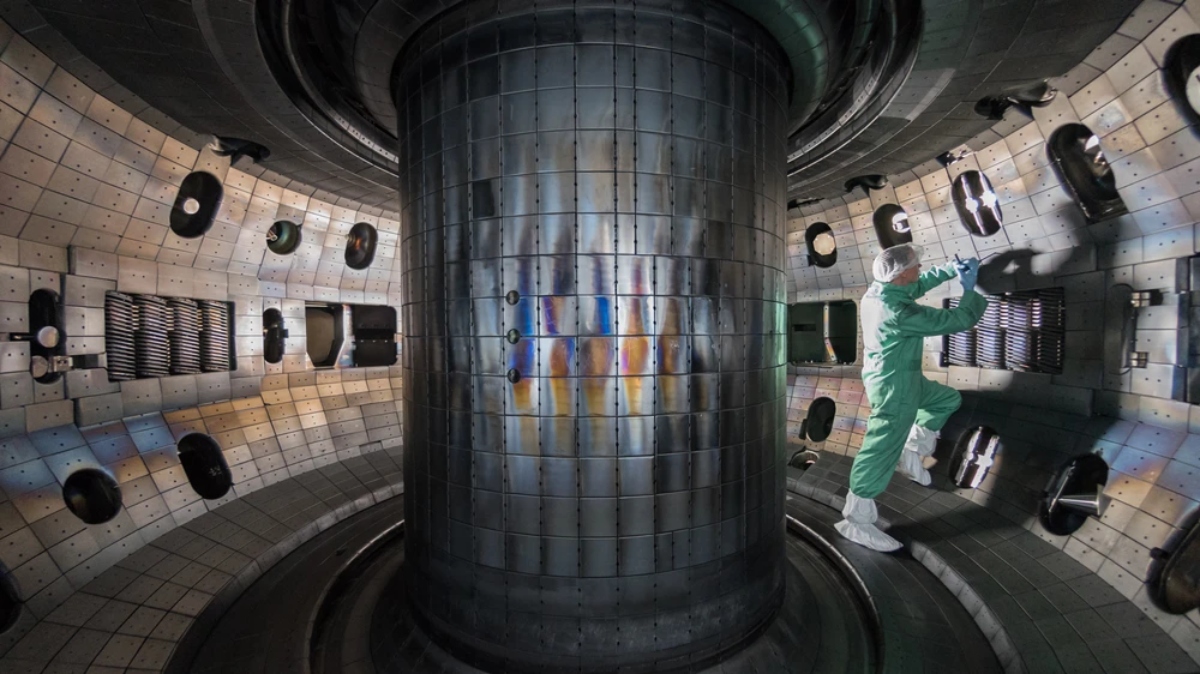The human-like humanoid robot Sophia, who was shown as a reflection of what the future will be like, gives us a glimmer of hope about how the world could improve if we were to apply common sense, empathy and human conscience to the development of artificial intelligence along with all the technological developments. All this in order to be smarter, more aware, more human, and thus be able to face the great challenges of poverty, hunger, the climate crisis, among other things that concern us greatly about the future.
Sophia is the result of programming by Ben Goertzel, president of Humanity+, PhD in artificial intelligence, CEO of Novamente and biotech company Biomind, and chief scientific officer of Hanson Robotics. And the artistic conception of David Hanson.
Artificial Intelligence Are we humans aware of what is coming?
Ben Goertzel has said at the Transvision2018 global futurist summit held in Madrid, that since the world met Sophia the perception that artificial intelligence can help make the world a better place in the future has increased significantly and, above all, has made people more aware that general Artificial Intelligence is much closer.
By general artificial intelligence is meant one that is not purely statistical, i.e., an AI that is very similar to human AI capable of dealing with different topics and contexts simultaneously. He also states that we cannot underestimate our chances of creating machines that are much more intelligent than humans and is very optimistic that we will reach this type of intelligence in about 10 years.
Artificial Intelligence: Sophia as a metaphor for the future
Goertzel has shown Sophia, the humanoid robot with restless eyes, as a metaphor for the future and also as a technological work of art, as the image promoting robots and the futuristic artificial intelligence of intelligent and empathetic automatons:
“Sophia is a future in which, from now, 5 to 20 years from now, we will be seeing robots, artificial intelligences that are more “intelligent”, more capable of solving specific problems faster and much better than the most competent human being in a specific field.”
An interesting example of what has already happened in this field is the game of chess or the Asian game Go, even more complex than the previous one, where machines have already easily defeated human champions.
For his part, Oxford researcher in exponential technologies, Anders Sandberg announced that:
“In the coming years we will witness an explosion of artificial intelligences and the biggest challenge will be how to approach them from an ethical, social and political point of view.”
In short, in the not too distant future there will be many improved Sophias with which we can easily overcome the major challenges we face worldwide. Are you ready to be overtaken by artificial intelligence?




